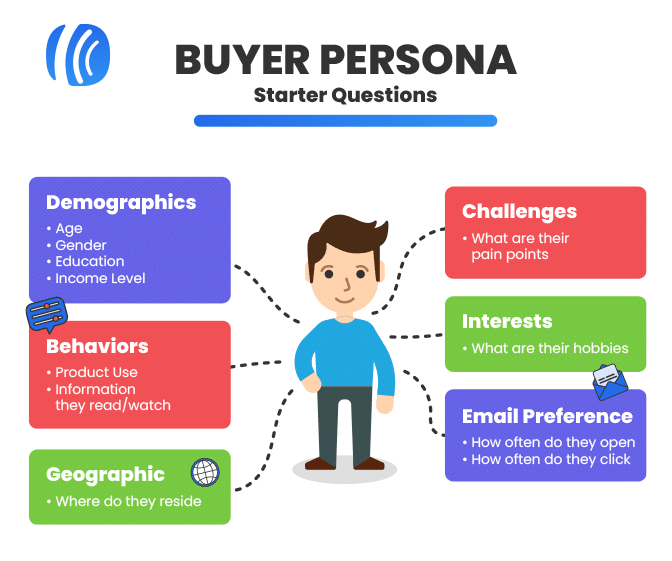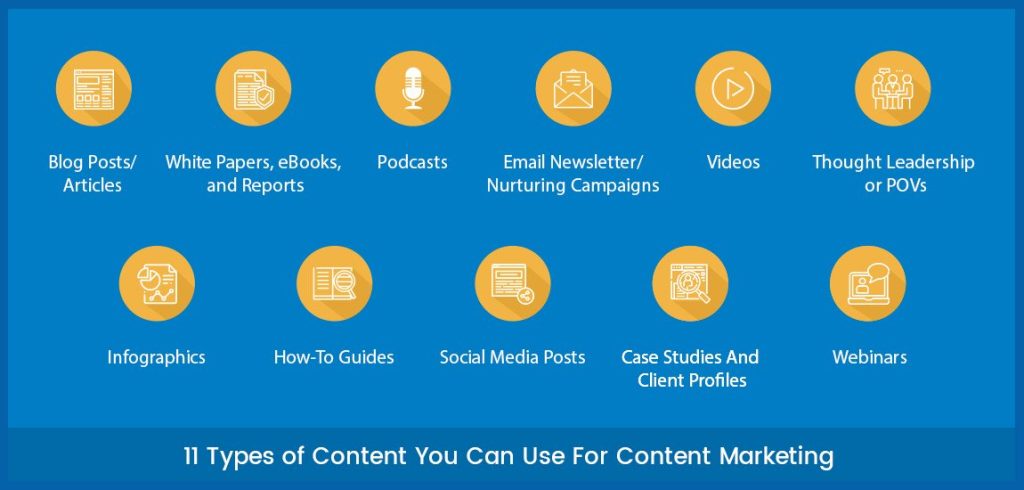
Why Startups Fail (And How Marketing Can Save Them)
Starting your own business isn’t as easy as it looks. It’s rare to find a business that immediately clicks with its market and runs smoothly without a ton of work.
This begs us to ask the question: Why exactly do startups fail? How often does this really happen? Understanding why startups fail is key, and the reasons are quite varied and deep.
If you’re thinking about starting your own business, here’s what you need to know. We’re exploring these reasons and uncovering how smart marketing can be your best ally in navigating the challenging waters of launching and sustaining a startup.
Quick Takeaways
- Strategic planning and execution are crucial for startup survival, given the high failure rates within the first five years.
- Documenting a marketing strategy greatly increases a startup’s likelihood of success.
- Effectively using resources and creating impactful marketing hinges on a startup’s focus on a specific target market.
- Engaging content is essential in connecting with the audience and establishing a startup as an industry thought leader.
The Stark Reality of Startup Success and Failure
Data tells us that about 90% of startups fail. Not to mention, more than half don’t even live to see their fifth anniversary.

Image Source: Luisa Zhou
So, what exactly trips up most of these ambitious ventures? Is it just bad luck, or are there identifiable pitfalls? More importantly, how can strategic marketing for startups act as a lifeline in this tumultuous journey?
Let’s dive into the reasons behind these daunting statistics and discover how marketing can turn the tide in favor of startup success.
- Startling Failure Rates. The journey begins with understanding the harsh reality. Startups are in a constant battle against high failure rates, a reminder of the importance of strategic planning and execution.
- Misaligned Product/Market Fit. Many startups stumble in aligning their product with market needs. Without satisfying real market demand, even the most innovative products struggle to survive.
- Financial Challenges. Cash flow is the lifeblood of any startup. Mismanagement of funds or underestimating financial requirements often leads to an early demise.
- Team Dynamics. A startup’s success is as good as its team. The right combination of skills, experience, and teamwork can make all the difference.
- Marketing Missteps. Underestimating the power of marketing is a common oversight. Effective marketing strategies are crucial in connecting with the right audience and building a sustainable business model.
While the path of a startup is riddled with challenges, understanding these key failure points is the first step towards success.
5 Ways Marketing Can Prevent Startup Failure
As we turn the page from the pitfalls to the potential, it becomes clear that marketing is not just a tool, but a catalyst for startup success.
In a world where product ideas abound but attention is scarce, effective marketing strategies stand as the bridge between a great idea and a thriving business. It’s about creating a voice in the noise, a presence in the crowd, and a connection with those who matter most: the customers.
Let’s explore the pivotal role of marketing in steering startups away from failure and towards sustainable growth and success.
1. Develop a Structured Marketing Plan
To steer clear of failure, startups need a solid marketing plan. It’s not just about random ads or social media posts; it’s about having a clear plan that shows who you want to reach, what you want to achieve, and how you’re going to do it.
This approach is crucial: Teams that document their marketing strategy are over 300% more likely to succeed than those who don’t.
A strong plan involves:
- Understanding your audience
- Setting clear goals
- Outlining specific steps to achieve these objectives
This plan is like a roadmap, guiding your business in the right direction. It should be flexible, changing as needed based on what works and what doesn’t.
By taking the time to create a thorough marketing strategy, startups can make sure they’re sending the right message to the right people, using their resources wisely, and setting themselves up for success.
2. Monitoring Progress and Metrics
It’s essential to know if you’re heading in the right direction and at the right speed. Monitoring your progress and metrics is about understanding what’s working and what isn’t.
Start by setting SMART goals for your marketing efforts. These could be increasing website traffic, generating more leads, or boosting social media engagement.
Video Source: Khan Academy
Then, use tools to track these goals. This could be anything from website analytics to social media insights. The key is to regularly check these metrics and understand the story they’re telling.
Are your social media posts reaching the right audience? Is your website attracting visitors who stay and engage? The answers to these questions lie in the data. By analyzing this information, you can make informed decisions about where to invest more time and money, and where to cut back.
3. Balancing Perfection and Practicality
Finding the right balance between striving for perfection and being practical is key, especially in marketing.
It’s easy to get caught up in making every detail perfect, from your website design to your social media posts. But remember, as a startup, it’s more important to be effective and efficient. Instead of spending too much time and money on trying to make everything flawless, focus on building strong connections with your customers.
This approach is essential in today’s fast-paced market, where nearly 80% of marketers acknowledge that the industry has changed more in the past three years than in the previous fifty years. This rapid change means that flexibility and adaptability are more valuable than perfection.
You should aim to grow your marketing strategy alongside your business, making improvements as you learn more about your customers and market. By focusing on what truly matters–building relationships and responding to customer needs–you can use your resources wisely and set yourself up for long-term success.
4. Target Market Focus
As a startup, it’s vital for you to zero in on your target market. They’re the heart and soul of your business’s potential success. When you attempt to appeal to everyone, you risk not fully connecting with anyone.
Start by creating buyer personas to deeply understand the needs, desires, and habits of this specific group of people.

Image Source: Digital Scholar
This understanding allows you to create marketing strategies and messages that resonate strongly with them. When your marketing speaks directly and personally to your target market, it becomes more than just advertising—it turns into a conversation.
By focusing sharply on a defined target market, your startup can use its resources more effectively. Your marketing efforts become more relevant, more personal, and ultimately, more successful.
5. Creating Engaging Content
At Marketing Insider Group, we know the power of creating engaging content. For startups, this is a fundamental way to connect with your audience and build a loyal following. Engaging content is the cornerstone of any successful marketing strategy, especially for businesses just beginning to make their mark.
Creating content that resonates with your audience goes beyond just selling a product or service. It’s about sharing stories, providing valuable information, and creating experiences that your audience finds meaningful.
This could be through insightful blog posts, engaging videos, informative infographics, or even interactive social media campaigns. The goal is to offer something that not only captures attention but also adds real value to your audience’s lives.

Image Source: E2M Solutions
Remember, in the digital age, content is often the first interaction potential customers have with your brand. Make it count. High-quality, relevant content can set you apart from competitors and position your startup as a thought leader in your industry.
By consistently delivering content that engages, informs, and delights, your startup can cultivate a community of loyal customers and advocates. This is more than just marketing; it’s building a foundation for long-term success and growth.
Secure Success for Your Startup Today with MIG
Understanding why startups fail is key to making your own startup succeed. Good marketing is more than just ads; it’s about really connecting with people who will love your product.
At Marketing Insider Group, we believe in talking to your audience in a way that matters to them. This means knowing who you’re talking to, keeping an eye on what works, and always improving.
With a smart approach to marketing, your startup can grow strong and avoid common mistakes. Remember, it’s all about reaching the right people and growing your business step by step.
Ready to secure success for your startup? Check out our SEO Blog Writing Service or schedule a quick consultation to learn more about how Marketing Insider Group can help you earn more leads for your business.






